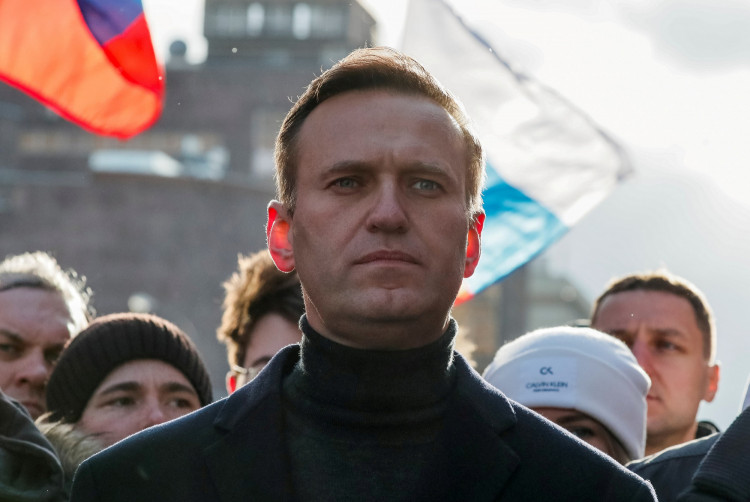In the wake of former Russian opposition leader Alexei Navalny's death in prison last week, his mother, Lyudmila Navalnaya, has come forward with allegations of pressure from Russian authorities to consent to a 'secret' burial. This move is seen as a further attempt to diminish Navalny's legacy and silence public mourning and support for the fierce critic of President Vladimir Putin.
Lyudmila Navalnaya disclosed in a video statement that she had been shown her son's body but was being coerced into agreeing to a restricted funeral, which would bar family, allies, and supporters from honoring him publicly. The Russian authorities' demand for a clandestine burial underscores the ongoing efforts to suppress Navalny's influence posthumously.
Navalnaya's revelation of being "blackmailed" by officials highlights the Russian government's stringent control and intimidation tactics. She recounted officials threatening to mishandle her son's body if she did not comply with their demands for a secret burial. This alarming assertion raises concerns about the lengths to which the Kremlin is willing to go to erase Navalny's memory and prevent any form of public dissent or solidarity.
Despite signing her son's death certificate at a morgue in Salekhard, Navalnaya has been denied possession of Navalny's body, contrary to legal requirements. She has filed a lawsuit to compel the authorities to release his remains, with a closed-door hearing scheduled to address this matter. The situation has escalated tensions, with Navalnaya asserting that the authorities' actions are not only unlawful but morally reprehensible.
The international community and Navalny's supporters have called for transparency and accountability regarding the circumstances of his death. Navalny, who survived a poisoning attempt in 2020, attributed to the Kremlin, had been a vocal adversary of Putin's regime. His arrest upon returning to Russia in 2021 and subsequent death in custody have been widely condemned as politically motivated actions aimed at silencing opposition.
Navalny's death has sparked widespread grief and protests across Russia, with hundreds arrested for participating in memorials. The heavy-handed response from Russian authorities to these peaceful gatherings further exemplifies the government's intolerance for dissent and its crackdown on freedom of expression.
As the saga unfolds, the international community watches closely, awaiting the outcome of Navalnaya's legal battle for her son's body and the right to a public burial. The ordeal faced by Navalny's family serves as a stark reminder of the challenges and dangers faced by those who dare to oppose autocratic regimes. The resolve of Navalny's supporters, undeterred by the threat of arrest, underscores the enduring impact of his fight for democracy and justice in Russia.




